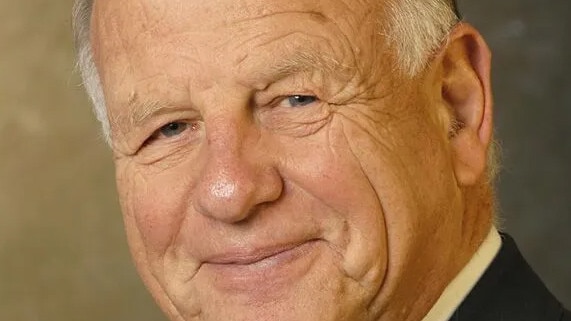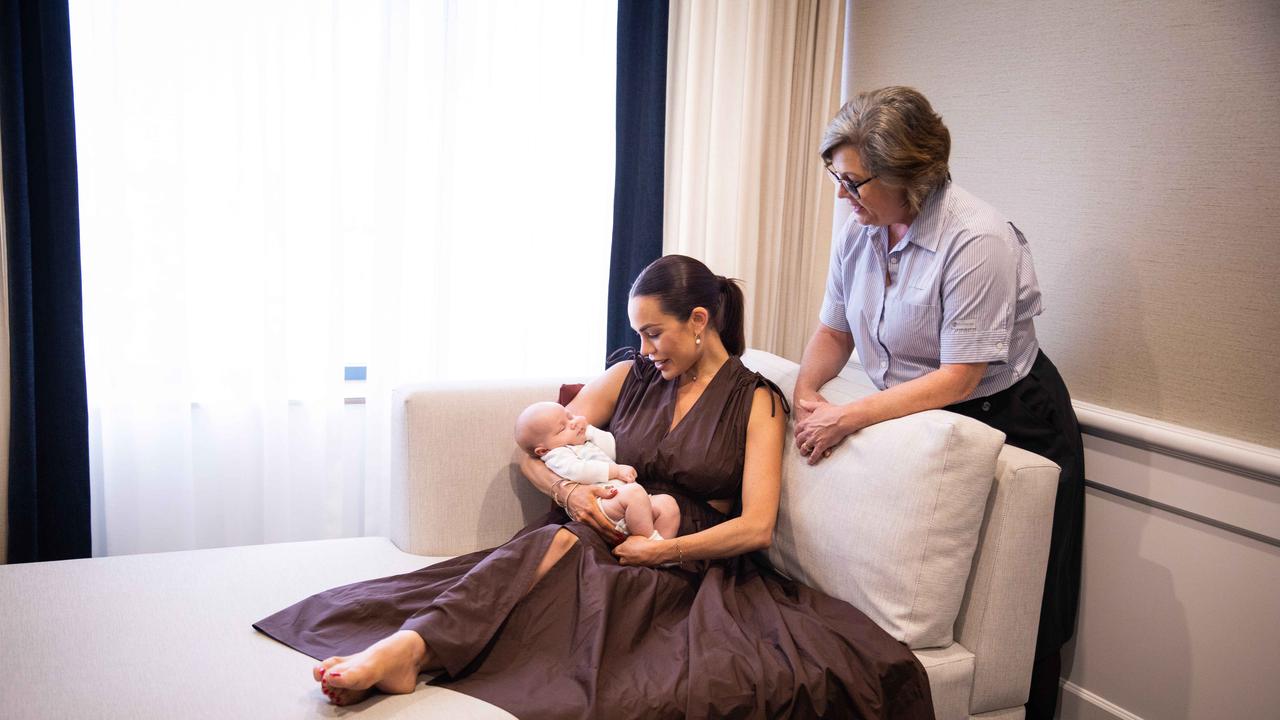Modest Henry Burger, a pioneering researcher into menopause
Henry Burger’s father was a noted research scientist, so once at school Henry began “pottering about with test tubes”.

OBITUARY
Henry Burger
Research scientist. Born Vienna, May 23, 1933; died Melbourne, October 10, aged 91.
Johann Strauss was on to it. There is certainly something special in the waters of the Blue Danube.
The number of great achievers from the countries through which it passes is uncommonly high, particularly in medicine and the sciences. And when the menacing clouds of Germany’s National Socialism began casting shadows over Hungary and Vienna many of these people flowed to the new world. Some of them landed in Australia, changing it before changing the world.
They include Sir Gustav Nossal, who followed Macfarlane Burnet as director of the Walter and Eliza Hall Institute of Medical Research, whose research on immunology led the world; architect Harry Seidler; former NSW premier Nick Greiner; sports trainer Franz Stampfl, who coached Roger Bannister to break the four-minute mile; and Manfred Clynes, whose work led to CAT scans.
Among these world-beaters was Henry Burger, a modest man who changed the way the world deals with menopause, among many other breakthroughs by the research teams he managed in Melbourne.
His Austrian father was an organic chemist and his grandfather had been a general practitioner.
An only child, Burger turned up at a time complicated by his Jewish and Catholic ancestry as fellow Austrian Hitler was organising Europe’s great catastrophe. In 1939 he was sent to England and early the following year boarded the SS Oronsay in Southampton for Melbourne. After that the Oronsay would be commandeered as a troop carrier before being sunk by an Italian submarine on October 9, 1942. Among the survivors was the ship’s doctor, James McIlroy, who’d also been on Burger’s trip to Australia. McIlroy had also been a survivor of Ernest Shackleton’s ill-fated trip to Antarctica in 1914.
Burger arrived at Melbourne’s Station Pier but briefly lived in Adelaide. Despite Adelaide’s strong German roots, such was the antipathy towards Germany at the time he would walk well behind his parents when they spoke in their native language in public.
He later attended Victoria’s top-ranked Catholic school, Xavier College. His father was a research scientist so while there Burger began “pottering about with test tubes”. Too young to be accepted into university he did year 12 twice, broadening the subject range and his horizons.
He did the standard six years of medicine at the University of Melbourne, topping his final year and winning 11 of the 12 academic prizes on offer. After national service, and as an intern at the city’s St Vincent’s Hospital, he leaned towards endocrinology and women’s health, which he believed “were not well covered” and allowed him to combine clinical medicine with laboratory technology.
He completed postgraduate training in England and the US. As a junior in various research teams he shone but always credited the more experienced scientists, particularly Bryan Hudson, with teaching and inspiring him.
He served as Hudson’s associate director, then was director himself of Prince Henry’s Institute of Medical Research from 1969, remaining there until he retired in 1998. It merged in 2014 with the Monash Institute of Medical Research to form the world-leading Hudson Institute of Medical Research.
Burger became an internationally renowned leader in research as he advanced the knowledge of endocrinology – the study of hormones, endocrine glands and organs – and founded the first menopause clinic in Australia with Jean Hailes. It made significant findings in the areas of the physiology of menopause and the diagnosis of ovarian cancer.
Jean Hailes for Women’s Health medical director Liz Farrell said: “Henry was a brilliant man, with a brilliant brain, and a real gentleman. He was a pioneer in women’s reproductive health both in Australia and globally … His legacy is immense.”
Burger served as president of the Australasian Menopause Society as well as the International Menopause Society.
He received many awards including the Dale Medal, the highest award of Britain’s Society of Endocrinology. He was an honorary fellow of the Royal College of Obstetricians & Gynaecologists, and was awarded an Order of Australia in 1993.
On his death the Hudson Institute stated: “He leaves a great and lasting legacy as mentor to dozens of fellows and associates who went on to make contributions in science and/or medical practice. His wisdom and generosity of spirit were greatly appreciated and his influence within the national and international endocrine community cannot be overstated.”
Australian IVF pioneer Gab Kovacs said Burger would be remembered for the number of colleagues he mentored through the years, more than a dozen of them serving as professors across the globe.


